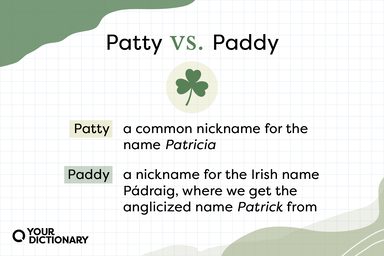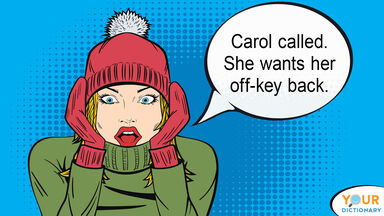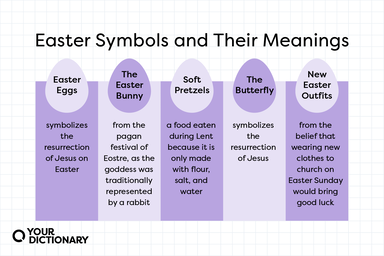Parade Definition
- on display
Idioms, Phrasal Verbs Related to Parade
Origin of Parade
-
From French parade (“show, display, parade, parry, formerly also a halt on horseback"), from Spanish parada (“a halt, stop, pause, a parade"), from parar (“to halt, stop, get ready, prepare"), from Latin parare (“to prepare, in Medieval Latin and Rom. also to halt, stop, prevent, guard against, etc., also dress, trim, adorn"); see pare. Compare parry, a doublet of parade.
From Wiktionary
-
Probably French action of stopping a horse from Old Spanish parada from Vulgar Latin parāta from feminine past participle of Latin parāre to prepare perə-1 in Indo-European roots
From American Heritage Dictionary of the English Language, 5th Edition
Related Articles
Parade Is Also Mentioned In
Find Similar Words
Find similar words to parade using the buttons below.





